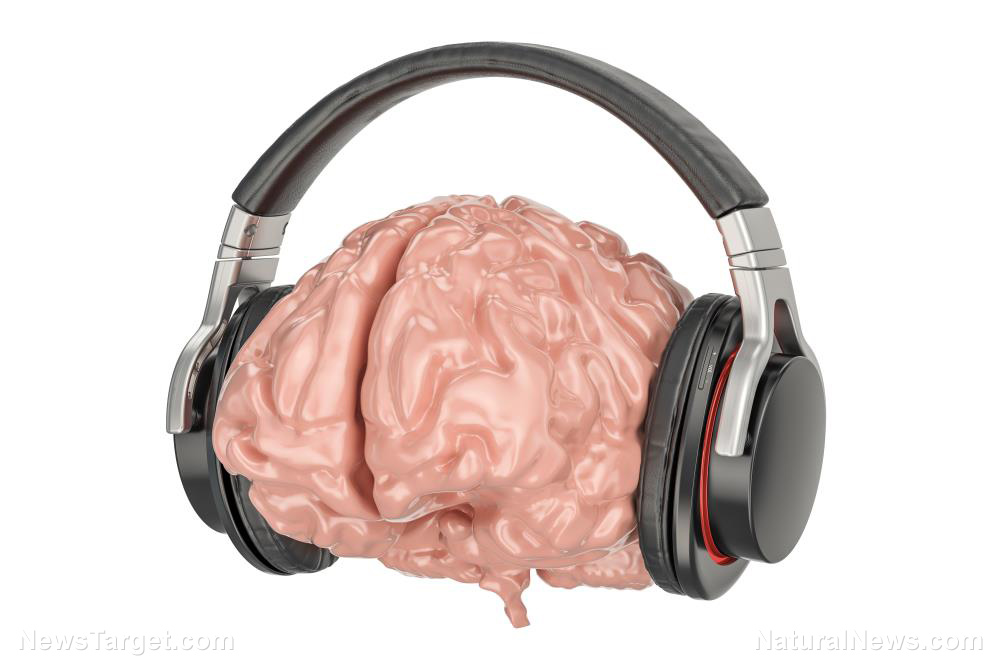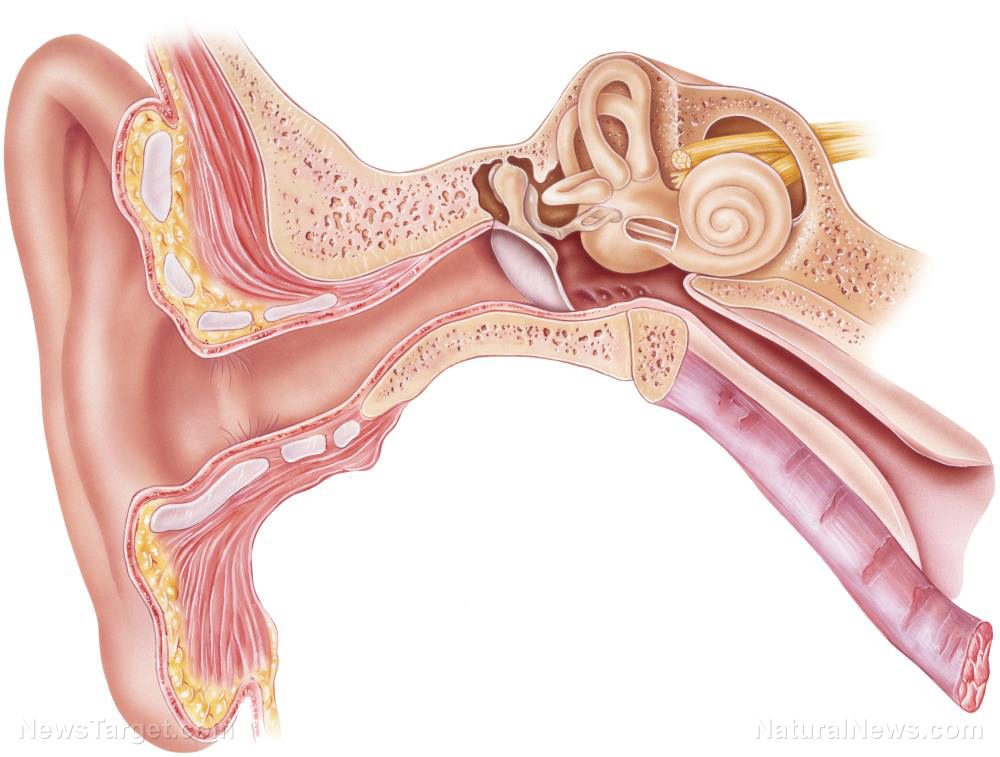Scientists declare that a certain brain circuit compels you to overeat, implying it has nothing to do with your choice
11/07/2019 / By Grace Olson

A recent study from the University of North Carolina at Chapel Hill has identified which parts of the brain are responsible for overeating. The study, which was published in Neuron, revealed a specific network of cell communication coming from the brain’s emotional center.
Western scientists, of course, are always trying to pinpoint the materialistic “location” of behaviors, as if the complexities of human emotions and eating habits might be narrowed down to a bundle of nerves. This “reductionism” approach is typical of western science, which typically seeks to use surgical procedures or pharmaceuticals to alter or destroy physiology structures, claiming such interventions “treat disease.”
Brain contributors to eating for pleasure
Obesity is a widespread disease, affecting around 93.8 million American adults. It is often a precursor of chronic illnesses, including stroke, heart disease, and Type 2 diabetes. While many factors affect weight gain, one of the habits which causes obesity is overeating. (Related: Propionate, a common food ingredient, may increase diabetes and obesity risk: Study.)
Researchers studying obesity pointed out two kinds of eating: homeostatic and hedonic. Homeostatic eating is a natural response to hunger. It is eating to sustain the body and maintain its functions. On the other hand, hedonic eating is based on an emotional need. A person eats because it gives him pleasure.
Earlier studies focused on homeostatic eating but to limited success. Recently, scientists looked at hedonic eating and how it may affect a person’s weight. The researchers in this study were particularly interested in exploring the neural factors which contribute to overeating.
The researchers conducted experiments on mice and monitored how their brain reacts when eating. They found that a brain circuit is activated in the amygdala — the emotional center of the brain — when the mice ate. The amygdala had been linked by previous studies to other emotions, like fear and anxiety. Therefore, the researchers suggested that it had a role in pathological (obsessive) eating.
Researchers also found that a protein called nociceptin was involved in hedonic eating. Nociceptin is a signaling molecule found in mammalian systems. There are many nociceptin circuits in the brain. One circuit inside the central amygdala activated when the mice ate calorie-dense foods. This circuit sent signals to different parts of the brain, including the areas which regulated eating.
Having established this link, researchers believed that targeting this circuit may help curb overeating and treat obesity.
Healthy ways to curb overeating
It may be difficult to control what happens in the brain, but there are ways to avoid overeating. Some situations cause a person to crave high-calorie foods. Controlling those factors may help curb the desire to eat for pleasure.
Here are some ways to avoid overeating.
Develop a stress management plan
When people are stressed, they eat for relief. Instead of eating, do something else. It may be going out for a walk, listening to music, or watching a movie. Once the first surge of emotions has died down, find a way to vent. Try writing in a journal or talking to a friend. All throughout, remember to avoid reaching for a bag of chips.
Get enough sleep
When the body does not get enough sleep, it requires a higher amount of energy to go through the day. It makes a person feel hungrier, and the craving for high-calorie foods increases. Avoid this situation by getting six to eight hours of sleep each night.
Drink lots of water
Several studies have found that drinking enough water every day helps manage appetite. In one study, researchers found that people who drank seven cups a day consumed 200 calories less than individuals who drank less than one glass per day. Drinking water before eating also helps a person eat less. Follow the recommended intake of water every day to avoid overeating.
Obesity can lead to many health problems, but there are measures a person can take to help manage his weight. Find out more at FightObesity.news.
Sources include:
Tagged Under: anti-obesity, anxiety relief, brain function, fightobesity, hedonic eating, hydration, mind body science, overeating, prevention, research, science, stress relief, weight gain
RECENT NEWS & ARTICLES
COPYRIGHT © 2017 BRAIN NEWS




















